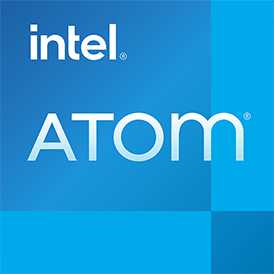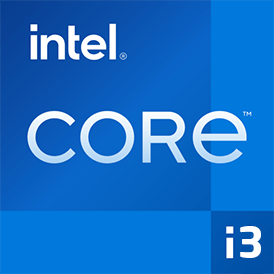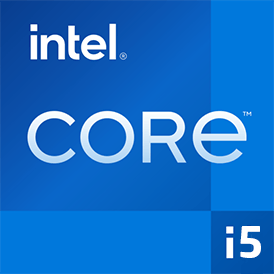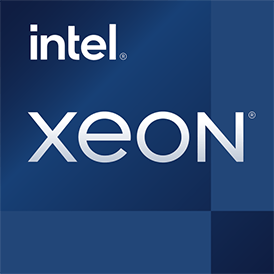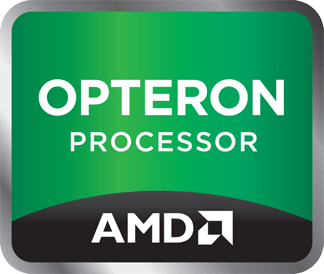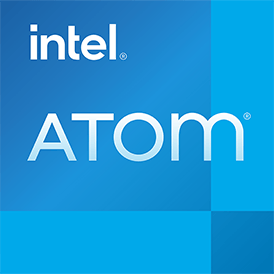Porównanie karty wideo MSI GeForce GTX 1080 Ti GAMING 11G z kartą wideo Gainward GeForce RTX 2080 SUPER Phoenix według specyfikacji i testów porównawczych. MSI GeForce GTX 1080 Ti GAMING 11G działa z podstawową szybkością zegara 1.480 GHz i ma 11 GB pamięci GDDR5X, podczas gdy karta graficzna Gainward GeForce RTX 2080 SUPER Phoenix działa z podstawową szybkością zegara 1.480 GHz i ma 8 GB z GDDR6 pamięci. Waga jest inna, 1257 g i --. TDP pierwszej karty graficznej to 250 W, a drugiej to 250 W . Porównaj wyniki testu porównawczego, aby dowiedzieć się, która karta wideo jest lepsza.


 Russian
Russian  English
English  Germany
Germany  Portuguese
Portuguese  Italian
Italian  French
French  Japan
Japan  Spanish
Spanish  Chinese
Chinese 
